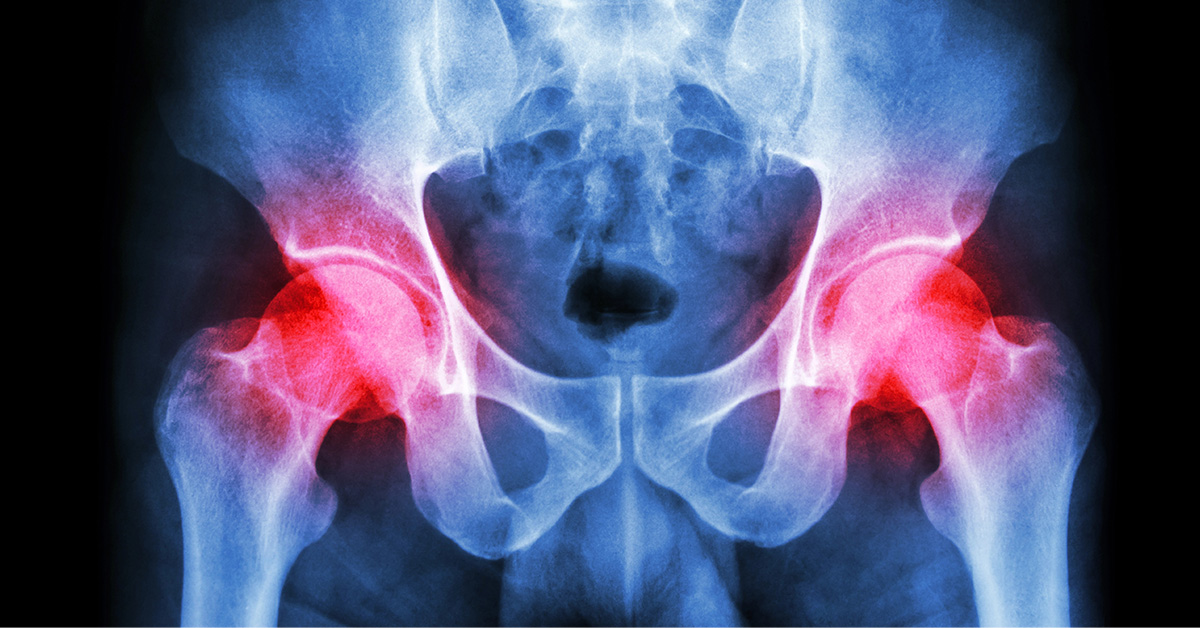
How Do You Revise a Hip Implant?
A hip replacement can provide significant relief and improved mobility for patients suffering from severe hip pain. However, over time, some patients may require a revision of their hip implant. Revision hip replacement surgery involves replacing or repairing a worn-out or failed hip prosthesis to restore function and alleviate pain. Here’s an overview of how this complex procedure is performed.
When is a Hip Revision Necessary?
Several factors can necessitate a hip revision surgery, including:
- Implant Wear and Tear: Over time, all hip implants undergo wear and tear. The lifespan of an implant is typically 15-20 years, after which it may need replacement.
- Loosening of the Implant: Implants can become loose, either due to natural bone loss over time or as a result of high-impact activities.
- Infection: Infections around the hip implant can compromise its stability and functionality, necessitating revision surgery.
- Dislocation: Repeated dislocations of the hip joint may indicate that the implant is not functioning correctly and needs adjustment or replacement.
- Bone Loss or Fracture: Severe bone loss around the implant or fractures can destabilize the hip joint, requiring surgical intervention.
Steps in Hip Revision Surgery
- Preoperative Evaluation: Before the surgery, a thorough evaluation is conducted, including imaging tests like X-rays, CT scans, or MRIs. These tests help determine the extent of the damage and plan the revision procedure.
- Anesthesia: On the day of surgery, the patient is given either general anesthesia (putting the patient to sleep) or regional anesthesia (numbing the lower body) to ensure they are pain-free during the procedure.
- Incision and Exposure: The surgeon makes an incision along the original surgical scar to access the hip joint. The length and position of the incision may vary depending on the complexity of the revision.
- Removal of the Old Implant: The damaged or worn-out implant is carefully removed. This step can be challenging, especially if there is significant bone growth around the implant or if it has become deeply integrated into the bone.
- Bone Preparation: The bone is prepared to receive the new implant. This may involve removing any damaged bone and cleaning the joint space to ensure a secure fit for the new components.
- Insertion of the New Implant: The new hip components are then inserted. Depending on the patient’s needs, these may include a new femoral stem, ball, and acetabular cup. The surgeon ensures that these components are correctly aligned and securely fixed.
- Reconstruction: In some cases, additional bone grafts or specialized implants may be used to reconstruct any damaged bone and provide extra stability to the joint.
- Closure: The incision is closed with sutures or staples, and a sterile dressing is applied to protect the wound. The patient is then moved to a recovery area for monitoring as the anesthesia wears off.
Postoperative Care and Recovery
Recovery from hip revision surgery can be more complex and take longer than recovery from the initial hip replacement. Here are some key aspects of postoperative care:
- Pain Management: Effective pain management is crucial. This may include medications and ice therapy.
- Physical Therapy: A tailored rehabilitation program is essential to restore strength, flexibility, and mobility. Physical therapy typically begins shortly after surgery and continues for several months.
- Monitoring for Complications: Regular follow-up appointments are necessary to monitor the healing process and check for any complications, such as infection or implant loosening.
Hip revision surgery is a complex but necessary procedure for patients experiencing issues with their original hip replacement. By replacing or repairing the worn-out implant, this surgery can restore mobility, reduce pain, and improve the overall quality of life. If you are experiencing persistent hip pain or issues with your hip implant, consult your orthopedic surgeon to discuss whether hip revision surgery is the right option for you.
